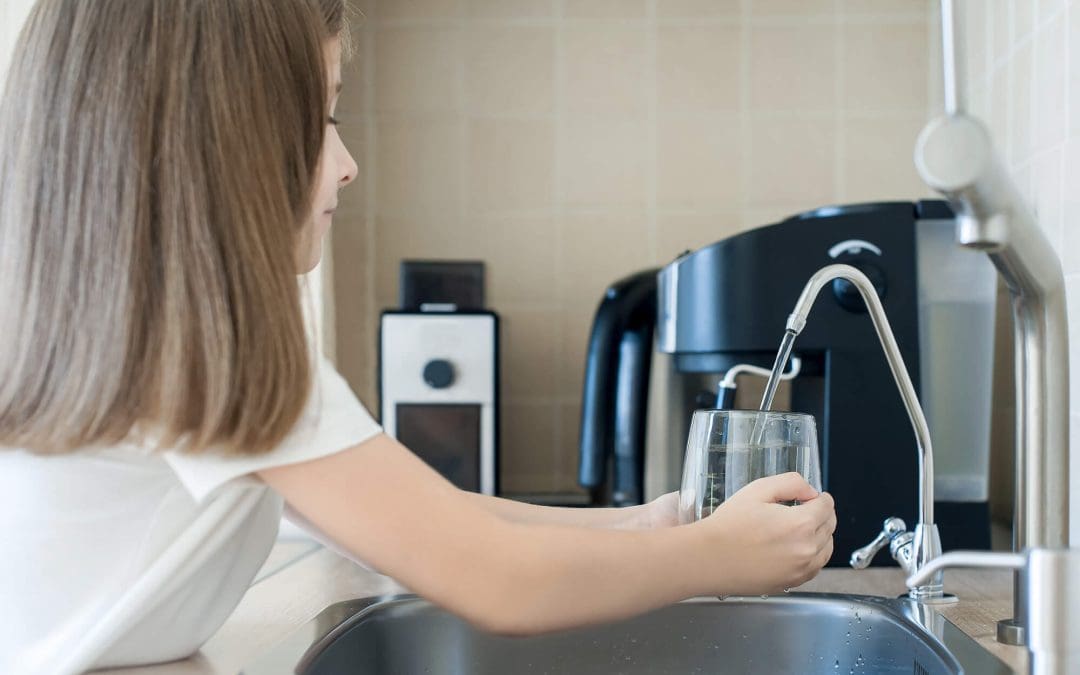Ensuring the purity and safety of our water is crucial for maintaining good health. With contaminants potentially lurking in tap water, installing a home water filter is a wise move. However, the diverse range of water filter technologies can make choosing the right one seem daunting. This guide will help you understand different types of home water filters, the contaminants they remove, and why it’s essential to test your tap water before selecting a filter.
1. Activated Carbon Home Water Filters
Activated carbon filters are one of the most popular choices for home water filtration systems. They work by adsorbing impurities as the water flows through activated carbon granules. These filters effectively remove chlorine, sediment, and volatile organic compounds (VOCs) from the water. They also improve taste and eliminate odors, making them ideal for improving drinking water quality.
2. Reverse Osmosis Filters
Reverse osmosis (RO) filters provide a more thorough filtration level than other types. RO systems push water through a semipermeable membrane that blocks particles larger than water molecules. This technology effectively removes many contaminants, including lead, arsenic, fluoride, nitrates, sulfates, and some bacteria and viruses. Although more expensive, they are recommended for homes with serious contamination issues.
3. Ion Exchange Filters
Ion exchange technology is specifically designed to soften hard water. These filters exchange undesirable ions in the water with more desirable ones. For instance, they replace calcium and magnesium, which cause water hardness, with sodium ions. This type of filter is ideal for those dealing with hard water that leads to scale buildup in plumbing and appliances.
4. Ultraviolet (UV) Home Water Filters
Ultraviolet filters use UV light to kill bacteria and viruses. This method is incredibly effective at disinfecting water and is environmentally friendly. UV filters are generally used in combination with other types of filtration systems to ensure comprehensive water treatment.
5. Sediment Filters
Sediment filters remove large particles from water, such as dirt, silt, and sand. These filters are usually made of spun polypropylene, cellulose, or ceramic. They are often used as a pre-filter to help extend the life of other filters by preventing large particles from reaching finer, more sensitive filters.
Why Test Your Tap Water?
Before investing in a water filtration system, understand what’s in your tap water. Water quality can vary significantly from place to place due to different sources and treatment processes. By getting your tap water tested, you can identify specific contaminants present and choose a filter that targets those particular issues. Hire a professional home inspector who offers water testing to thoroughly evaluate your tap water.
Understanding the different types of home water filters and the contaminants they target is crucial for choosing the right system for your needs. By testing your tap water and selecting the appropriate filter, you can ensure safer, cleaner drinking water for you and your family, ultimately protecting your health and well-being.
FAQs About Home Water Filters
How often should I change my water filter?
The frequency of filter changes depends on the filter type and the water quality. Generally, manufacturers provide guidelines on when to replace filters, but it can range from every three months to once a year.
Can water filters remove all contaminants?
No water filter can remove all contaminants. Each type has its strengths and limitations, so it’s crucial to select a filter based on the specific pollutants you need to remove from your tap water.
Are water filters expensive?
The cost of water filters varies depending on the type and complexity of the system. Activated carbon filters are typically less expensive, while reverse osmosis systems can be more costly due to their advanced filtration technology.
Do I need a professional to install a water filter?
Some water filter systems require professional installation, especially under-sink or whole-house systems. However, many smaller, more straightforward units, such as countertop units or faucet attachments, can be easily installed without professional help.
First Impression Home Inspections offers inspection services and home water testing in the Shenandoah Valley. Contact us to schedule an appointment.

